Iraq's cabinet has approved a bill that will slap foreign oil firms with a minimum 35 percent corporate tax in a bid to boost revenues, government spokesman Ali al-Dabbagh said on Wednesday. "The Council of Ministers decided to approve the draft law on income tax on foreign oil companies based on the provisions of two constitutional articles," he said in a statement.
"It takes into account the recommendation of the State Consultative Council to add an article for the income tax law of 1982 of not less than 35 percent. "This agreement on the draft law will guarantee Iraq's rights in imposing taxes on companies contracted to extract oil, and it will ensure that these taxes will be used for the national income," Dabbagh said.
"The oil ministry presented this draft law in order to be approved, because this will support the national economy," he added. Foreign corporations operating in Iraq currently pay a flat tax rate of 15 percent, according to the finance ministry's general commission for taxes.
The draft law will require parliamentary approval. Oil prices have dropped from above 145 dollars a barrel in March 2008 and are now fluctuating at around 60 dollars, putting huge pressure on Iraq's budget which derives 90 percent of its revenues from the energy sector.
In April, Iraq approved a revised 58.9-billion-dollar budget for 2009, after billions were wiped off spending plans because of the sharp fall in oil prices. Iraq hopes to be able to pump six million barrels per day, up from its current stated output of around 2.2 million bpd, within the next four to five years as new projects come online.
As security has improved over the past year, major international oil companies have queued up to bid on projects involving an estimated 100 billion barrels of oil and 80 trillion cubic feet of natural gas.
Few deals with foreign firms have actually been signed, although Iraq and Egypt agreed on Wednesday to broad-stroke a deal to boost oil exploration and development in Iraq. No financial details were made available. Although Iraq has the world's third largest proven reserves of oil after Saudi Arabia and Iran, in reality development of the conflict-ravaged country's fields has been very slow.
According to the economic publication Middle East Economic Survey (MEES), development of Iraq's massive oil and gas reserves is likely to continue being hampered by its chaotic politics and unclear project proposals.
"Politics - international, domestic, ethnic and party-based - has dominated every aspect of discussions of Iraq's post-invasion oil development," it said last month. Qualified companies remain reluctant because they require the construction of infrastructure beyond the "parameters of the field development being undertaken, without detailing what investment will be required," MEES said.
The ill-defined role of local and provincial authorities is also "one of the biggest wild card factors in the whole bidding round," it said. On a national level, the long-running conflict between Baghdad and the autonomous Kurdish region in the north over the development of oil fields around the disputed city of Kirkuk has also repelled potential bidders.
BR100
15,235
Increased By
150.4 (1%)
BR30
44,824
Increased By
812 (1.85%)
KSE100
149,971
Increased By
1353.3 (0.91%)
KSE30
45,655
Increased By
407.2 (0.9%)


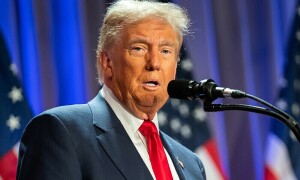


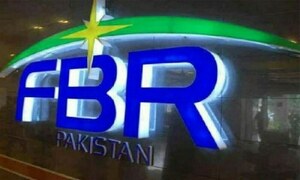
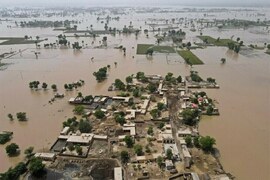







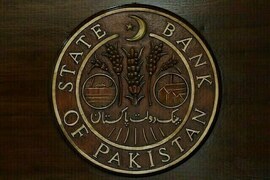
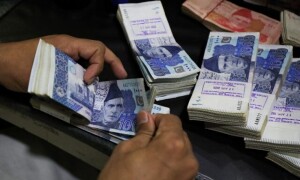






Comments
Comments are closed.